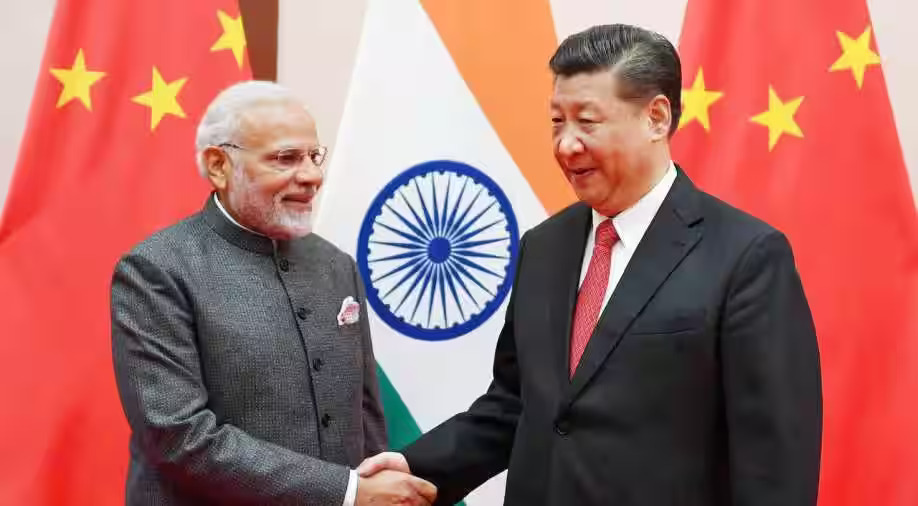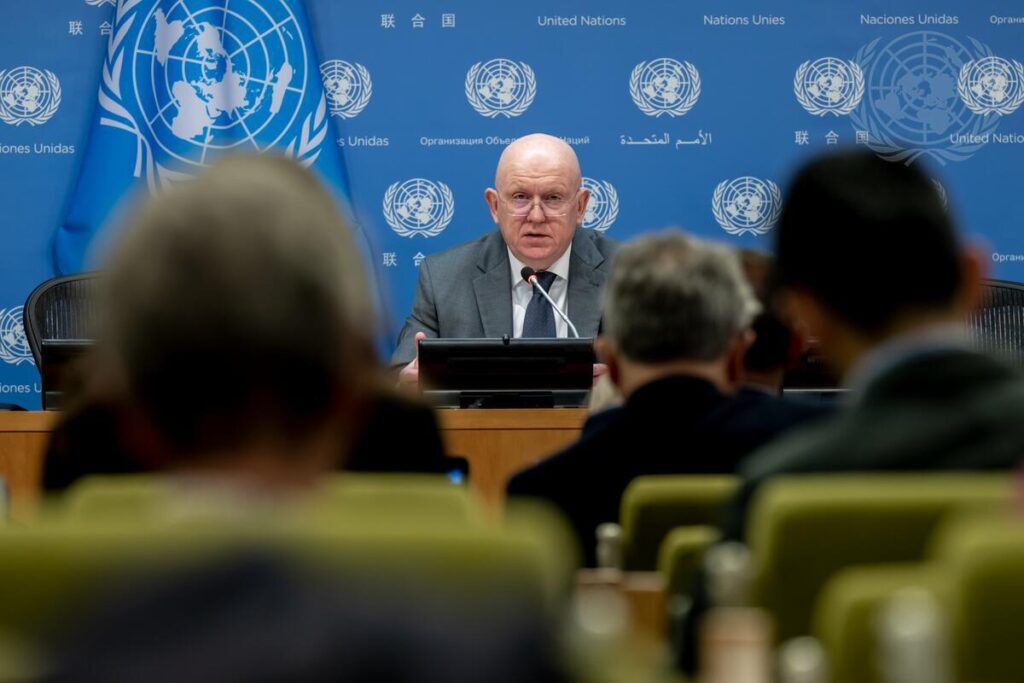China has urged for positive changes to the UNSC, but remain silent on India’s seat at the permanent members’ high table.

China has urged for positive changes to the UNSC, arguing that developing nations, particularly small and medium-sized ones, should be represented, but has been silent on India’s seat at the permanent members’ high table.
Wang Yi, the director of the Communist Party of China (CPC) Central Committee’s Office of the Foreign Affairs Commission, recently met with Tareq MAM Albanai and Alexander Marschik, the co-chairs of the Intergovernmental Negotiations on UNSC changes, and they spoke about the matter.
Notably, China is one of the five permanent members of the 15-member UNSC, joining France, Russia, the United Kingdom, and the United States.
The remaining 10 members do not have veto power and are chosen for two-year periods as non-permanent members.
China is one of the five permanent members of the 15-member UNSC, joining France, Russia, the United Kingdom, and the United States.
The UNSC has come under fire for being an exclusive organization that frequently lacks context and abuses its influence to advance its narrow agendas. India has been leading the charge for the security council’s reform and membership for several years.
India’s inclusion is crucial since New Delhi’s rotating non-permanent membership in the council came to an end on December 31, 2022.
The Credibility of UNSC at Risk

The relevance of the UNSC has been called into doubt by Prime Minister Narendra Modi, who said, The credibility and efficacy of global organizations are being questioned.
This is because, despite the passage of time, these institutions have remained unchanged. The thinking and circumstances of the globe 75 years ago are reflected in these institutions.
Experts agree that India, which has the largest population and the fastest-growing economy in the world, deserves a seat on the council, particularly if the organization wants to regain its credibility.
During the yearly discussion of UNSC reforms last year, France and the UK reaffirmed their support for India as a permanent member.
China has been obstructing UNSC expansion talks, although advocating for changes.
Nathalie Broadhurst Estival, France’s Deputy Permanent Representative to the UN, declared, “France supports the candidature of Germany, Brazil, India, and Japan as permanent members for permanent seats.”
Barbara Woodward, the UK’s ambassador to the UN, also expressed her nation’s support for both permanent African representation on the Council and the G4 nations’ application for membership (India, Germany, Japan, and Brazil).
China has been obstructing UNSC expansion talks, although advocating for changes. The Indo-Pacific is where the world’s wealth and people are migrating, and if the UNSC continues to have insufficient Asian and no African representation, it may become irrelevant.
United Nations Security Council

One of the UN’s five main organizations, the United Nations Security Council (UNSC), was established in 1945 and is charged with upholding international peace and security. It is the only UN body with the capacity to make binding resolutions to member nations.
Its powers include the organization of peacekeeping missions, the introduction of international sanctions, and the authorization of military action through Security Council resolutions.
Role of the United Nations Security Council
The Security Council’s obligations for preserving global collective security are outlined in the UN Charter. The Charter gives the Security Council the power to investigate any situation that endangers world peace, suggest methods for resolving a dispute amicably, and request that other members temporarily or permanently halt trade.
The UNSC was created with a few important characteristics and capacities, including maintaining international peace and security is the UNSC’s primary responsibility. It takes the initiative in deciding if there is an aggression or threat to peace.
Additionally, the UNSC has the authority to sever diplomatic ties, impose financial penalties and restrictions, erect blockades, and even launch a coordinated military operation.
READ ALSO: Mann Ki Baat 100 Episode: Please Listen To Wrestlers’ Congress

